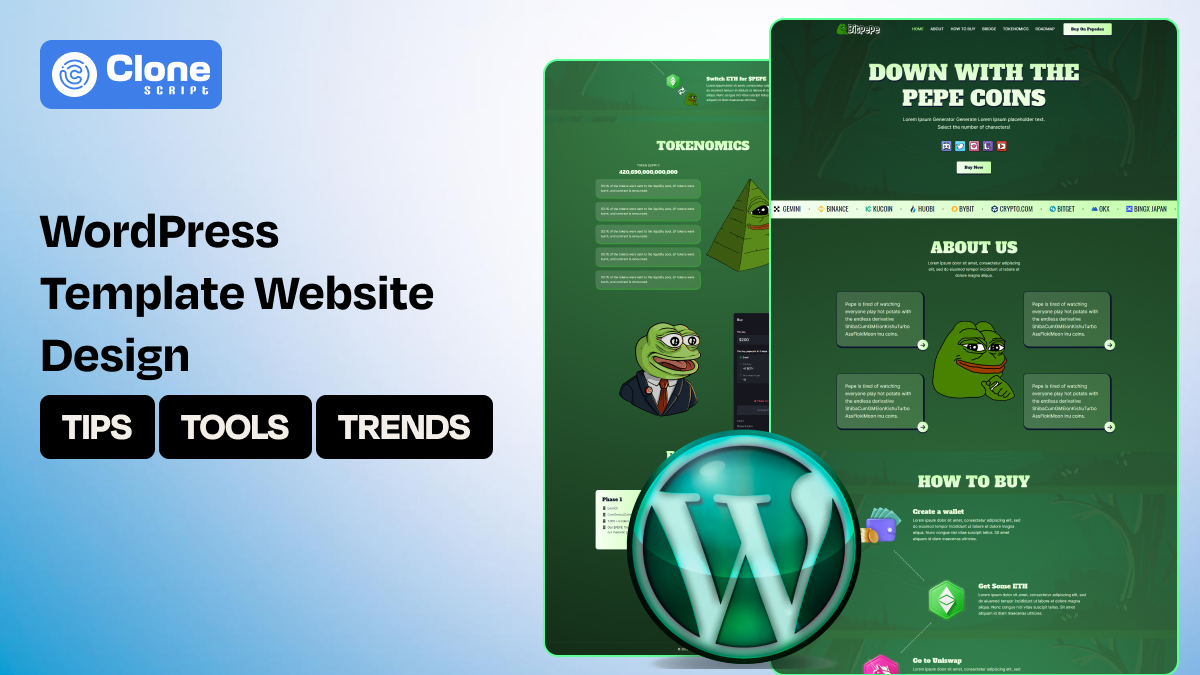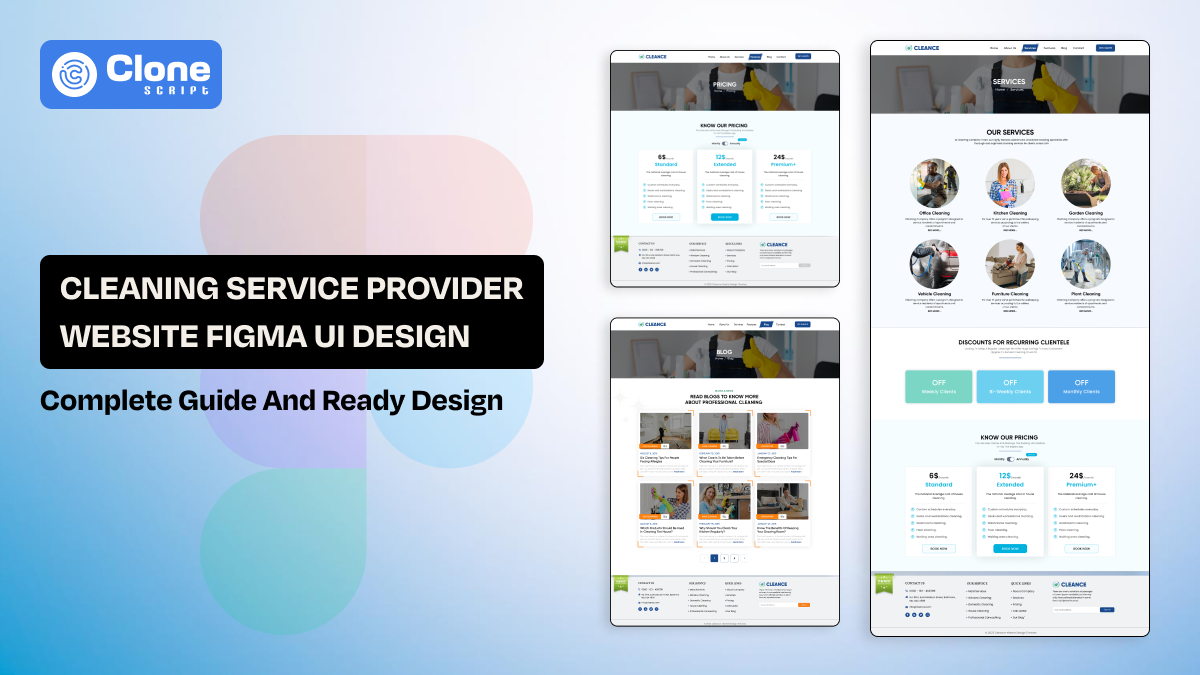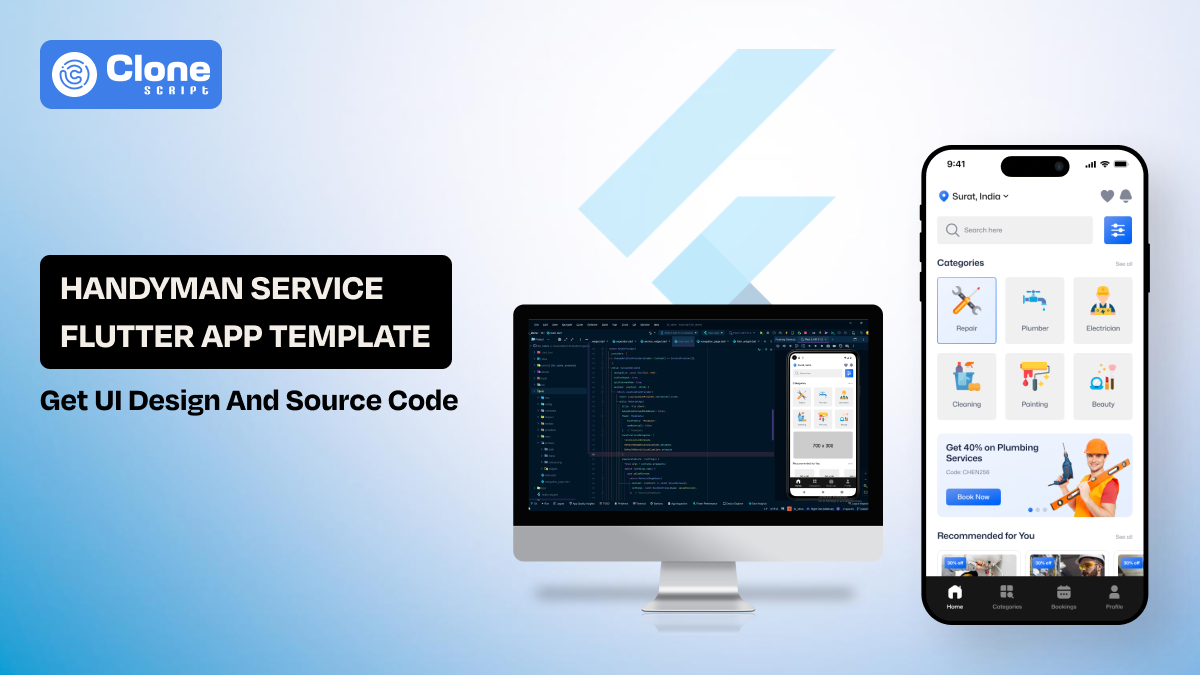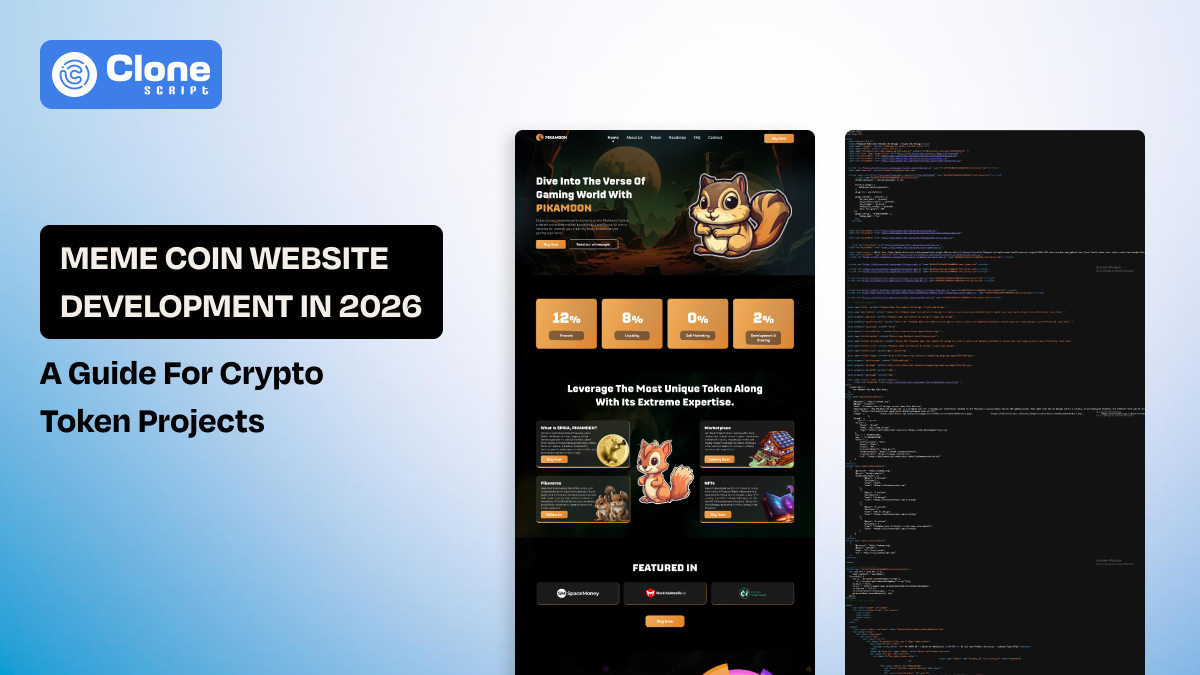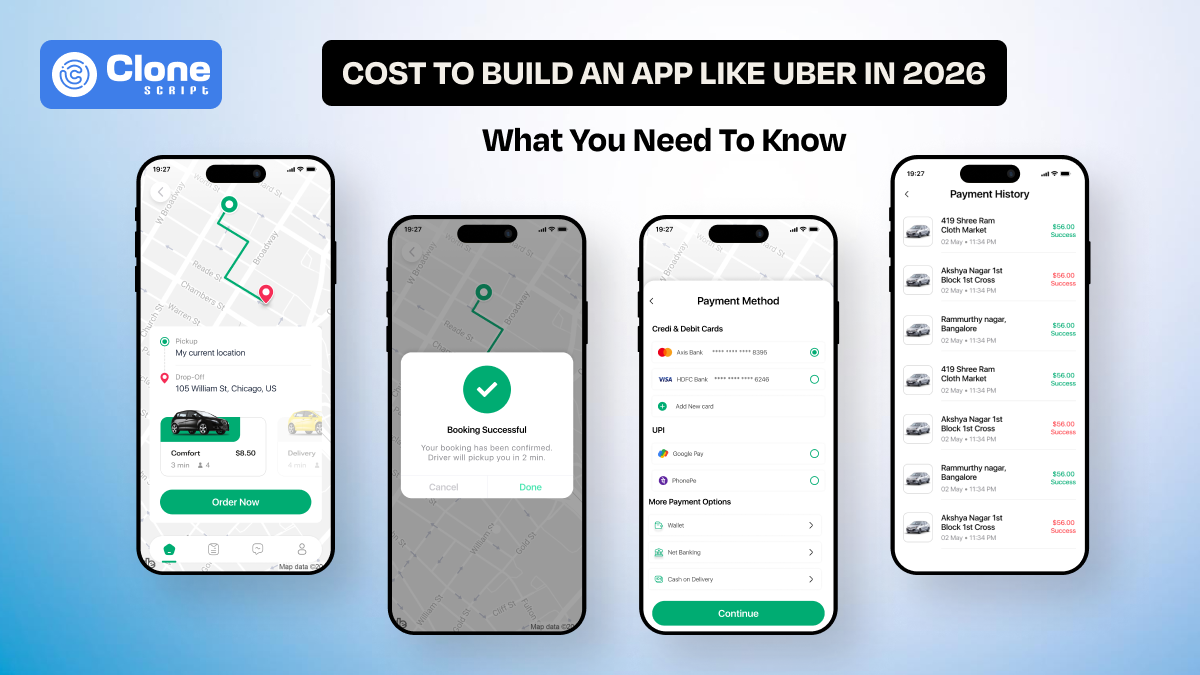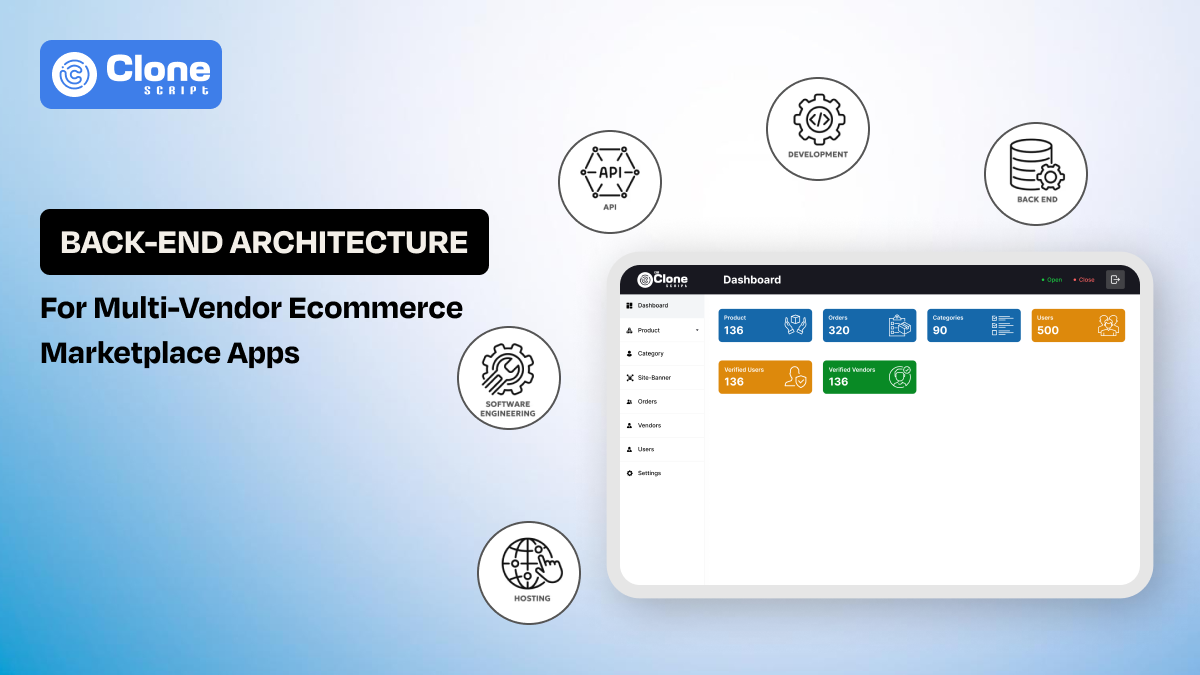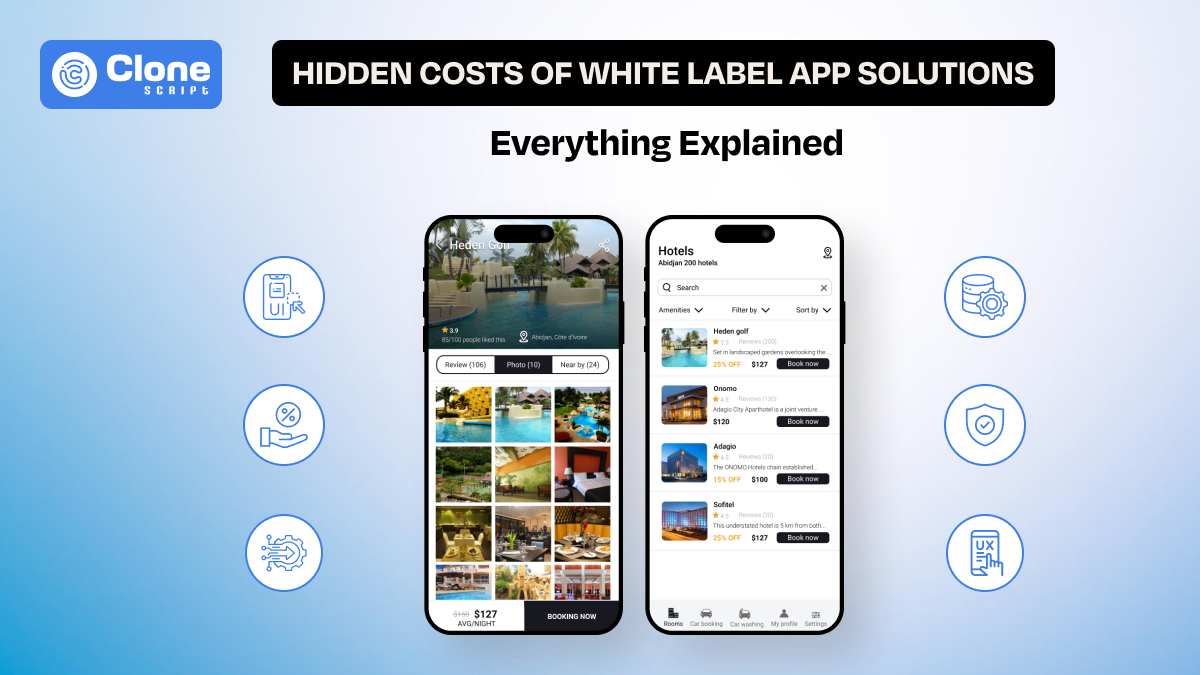WordPress Template Website Design: Tips, Tools & Trends You Should Know
Let’s face it, first impressions matter, especially online. In a world where users decide in seconds whether to stay or bounce, your website’s design isn’t just about looking good. It’s about building trust, guiding action, and driving results.
If you’re using WordPress (smart choice!), templates can be your secret weapon. Whether you're launching a new business, refreshing your brand, or starting a blog, a well-designed WordPress template gives you a head start. Even without the high costs or long timelines of custom design.
That’s why we’ve created this complete guide for 2025. You’ll discover:
-
Smart tips to pick and customize your template like a pro.
-
Must-have tools to boost performance and design.
-
The latest web design trends that will keep your website fresh, fast, and future-ready.
Whether you’re a DIY site owner or working with a developer, this blog will help you unlock the full potential of top website design themes.
Ready to make your website stand out? Let’s dive in.
Why WordPress Templates Are Still the Go-To Choice in 2025
WordPress powers over 43% of the web, and a big reason for that is the flexibility and power of its themes. Here’s why WordPress templates continue to be a top choice this year:
1. Fast and Affordable Website Creation
Premium templates allow you to launch a fully functional website in just a few days, often without hiring a developer. This is a game-changer for small businesses and startups working with limited budgets.
2. Built for Modern SEO
Today’s best WordPress templates are coded with SEO in mind. It offers features like schema markup, optimized load speeds, and responsive design. These factors help your site rank higher in search results.
3. Mobile-First and Responsive by Default
With more than 60% of internet traffic coming from mobile devices, responsiveness is non-negotiable. The top WordPress templates of 2025 are mobile-first, ensuring seamless experiences across all devices.
4. Drag-and-Drop Page Builders
Tools like Elementor, WPBakery, and Kadence Blocks integrate with most templates and let you customize every inch of your website without touching code.
How to Choose the Correct WordPress Template for Your Website?
Selecting the right template sets the foundation for your website’s success. You have two choices: Free and premium WordPress themes. Here’s what to look for when picking one:
1. Speed and Performance
Choose a lightweight template that doesn’t include bloated features. Use tools like GTmetrix or PageSpeed Insights to test the demo version. Look for scores above 85 and load times under 2 seconds.
2. Customization Options
The best and cost-friendly WordPress themes offer flexibility with multiple header styles, footer layouts, and page templates. You should be able to adjust typography, color schemes, and layout settings easily.
3. SEO-Friendly Codebase
Clean HTML5 code layouts, built-in breadcrumb navigation, and optimized heading hierarchies (H1-H6) are signs of a strong SEO foundation. Templates that include schema support give you an extra SEO edge.
4. Page Builder Compatibility
Choose templates built for Elementor, Gutenberg, or your preferred builder. This gives you full control over design elements without relying on developers.
5. Regular Updates and Support
Templates that receive frequent updates remain secure and compatible with new WordPress versions. Check the last update date, support forums, and user reviews before purchasing.
6. Demo Import Feature
Pre-built demo content helps you set up your site quickly and understand how different layout elements work together.
Must-Have Tools to Supercharge Your WordPress Template Site
The right tools can take your site from good to great. Below are essential plugins and software that enhance performance, design, and usability.
|
Tool |
Purpose |
Why do you need it |
| Elementor |
Drag-and-drop design |
Customize templates without coding |
|
Rank Math |
SEO optimization |
Real-time content scoring, schema, and local SEO features |
|
WP Rocket |
Caching and speed optimization |
Improves site load speed significantly |
|
ShortPixel |
Image compression |
Compress images without quality loss |
|
Wordfence |
Security plugin |
Protects your site from malware and brute-force attacks |
| WPForms |
Contact form builder |
Create custom forms with drag-and-drop simplicity |
Tips for plugin management:
-
Only install necessary plugins to save your site from slowing down.
-
Always keep plugins updated to prevent vulnerabilities.
-
Regularly back up your site, especially before major plugin updates.
For example, if you have an e-commerce website, then you have to find the best plugins for e-commerce WordPress themes. It allows your site to work properly and optimize for revenue.
Practical Design Tips for WordPress Template
Once you’ve chosen a solid template, the real thing is in how you use it. These tips will help your site be both visually appealing and user-friendly:
1. Start with a Clear Sitemap
Plan your page structure in advance. A standard structure includes: Home, About, Services, Blog, Contact. For eCommerce, add Shop and Product pages.
2. Stick to a Consistent Visual Style
Use your brand colors, consistent font choices, and matching icon sets across the site. This builds trust and makes your site feel professional.
3. Use White Space Effectively
White space improves readability and focuses user attention. Don’t add too much content to one section. Let your design breathe.
4. Optimize for Accessibility
Include alt text on images, use high-contrast text, and check that the site is navigable by keyboard. An accessible site reaches a broader audience and improves SEO.
5. Add Clear Call-to-Actions (CTAs)
Guide visitors toward key actions: “Buy Now,” “Contact Us,” “Read More,” etc. Make buttons visually distinct and place them strategically on each page.
6. Avoid Stock-Heavy Designs
Stock images are convenient, but too many generic photos can make your site feel inauthentic. Use real brand imagery, team photos, or custom graphics where possible.
7. Test Across Devices
Use tools like BrowserStack to preview your site across different browsers and devices. What looks good on a desktop may not always work well on mobile. Optimize website speed for a better experience, whether it’s for online shopping or crypto trading.
8. Regularly Update Content
Fresh and original content signals to search engines that your site is active and giving updated information. Keep your blog, testimonials, and service pages updated with the latest info. Invest in professional content marketing solutions:
Now, let’s understand the WordPress design trends to know for 2025.
WordPress Template Design Trends to Watch in 2025
Staying on top of design trends makes sure your site looks fresh and relevant. Here are the top trends influencing WordPress template designs this year:
1. Minimalist Design with Micro-Animations
In website design a less is more. Clean layouts with simple navigation and subtle animations keep users engaged without overwhelming them.
2. Dark Mode and Color Mode Toggle
More website templates now offer dark mode toggles to improve readability in low-light environments and offer users customization options.
3. AI-Enhanced Layout Suggestions
Page builders like Elementor are introducing AI features that suggest layout changes, text improvements, and even SEO optimizations.
4. Dynamic Content Blocks
Templates now include dynamic blocks for testimonials, pricing tables, FAQs, and feature grids that can be easily reused and customized.
5. Voice Search Optimization
Modern templates are being optimized for voice-based search queries with better content hierarchy and schema implementation.
6. Integrated Animations and Scrolling Effects
Parallax, fade-ins, and scroll-triggered effects are used to guide user attention and tell visual stories in a smooth, interactive way. It is important to keep users engaged on the platform.
Conclusion
A well-designed WordPress template is more than a starting point, it’s the framework for a powerful, memorable online presence. By combining a high-quality theme with strategic customization, modern design principles, and the right plugins, you can build a website that’s both beautiful and effective.
Whether you're just starting or revamping an existing site, always keep your visitors in mind. Focus on speed, clarity, and usability. And remember, no matter how stunning a template looks, it’s your content, brand personality, and user experience that will ultimately determine your success.
Contact us for WordPress website theme development and setup. We have a complete solution regarding your requirements and deliver the quality work.
 BTC - Bitcoin
BTC - Bitcoin
 USDTERC20 - USDT ERC20
USDTERC20 - USDT ERC20
 ETH - Ethereum
ETH - Ethereum
 BNB - Binance
BNB - Binance
 BCH - Bitcoin Cash
BCH - Bitcoin Cash
 DOGE - Dogecoin
DOGE - Dogecoin
 TRX - TRON
TRX - TRON
 USDTTRC20 - USD TRC20
USDTTRC20 - USD TRC20
 LTC - LiteCoin
LTC - LiteCoin

